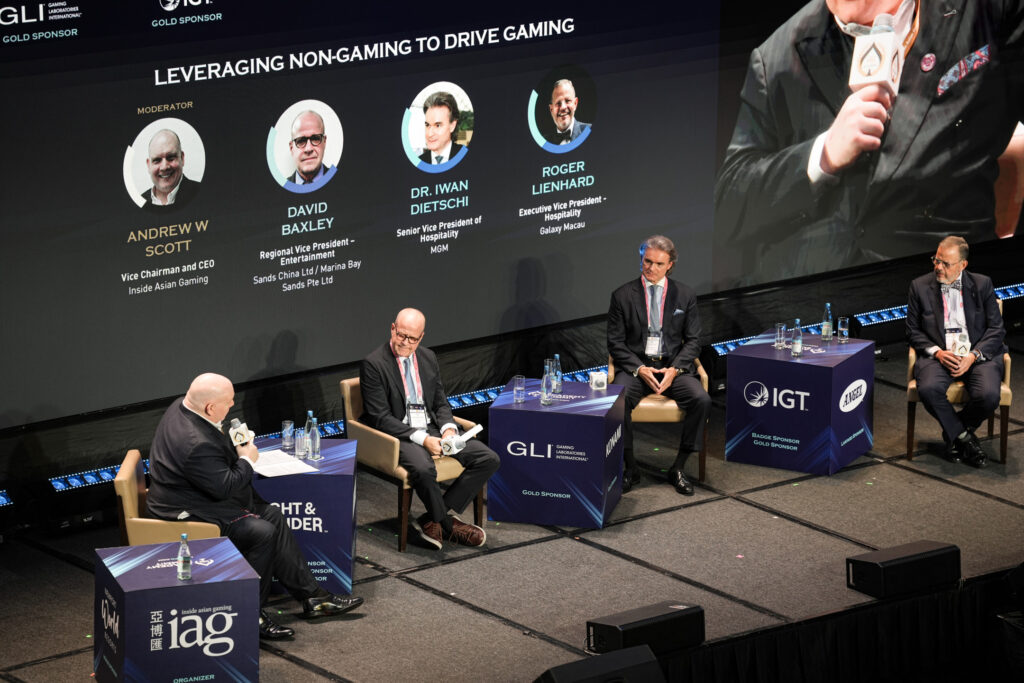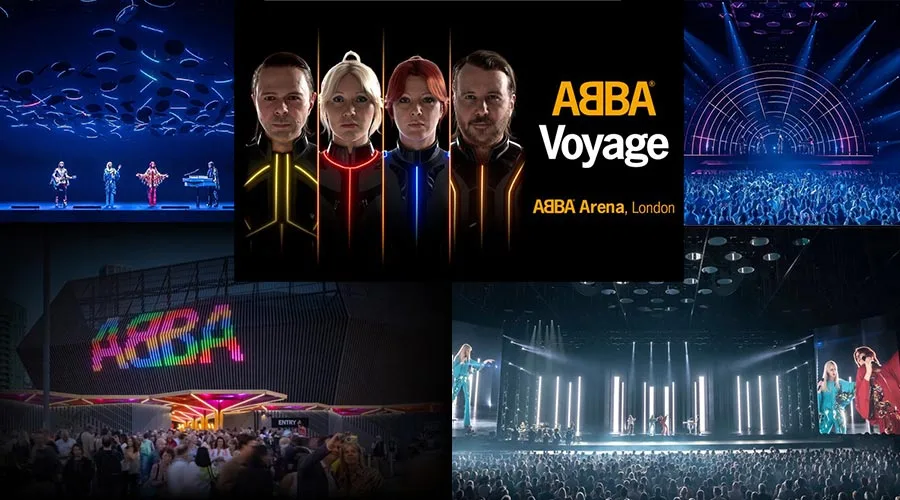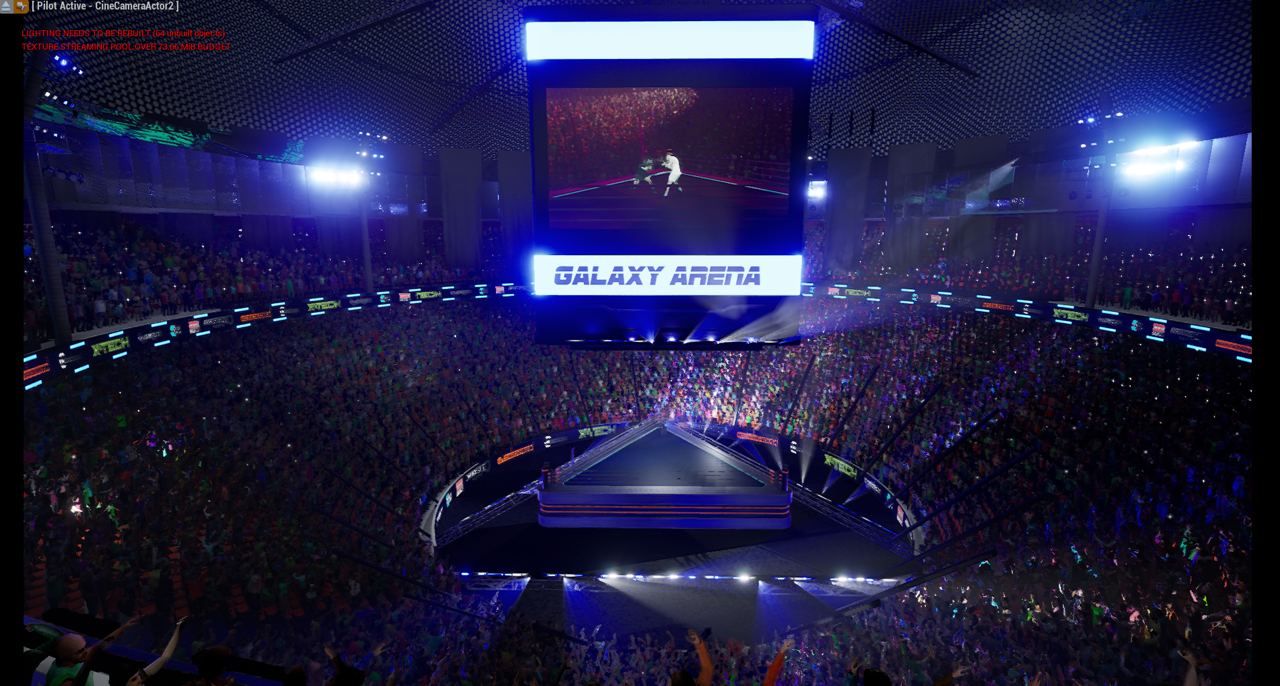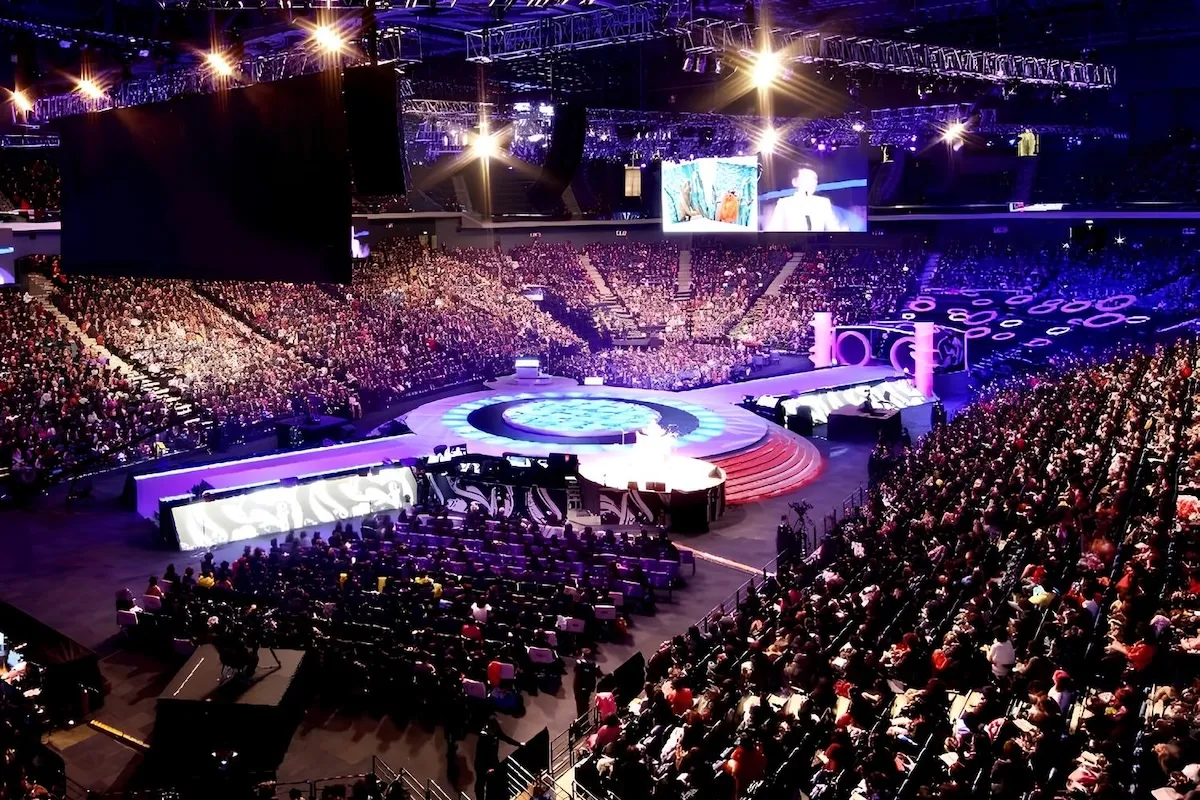
Macau’s casino-resorts are considering a fresh frontier in entertainment: turning to virtual performers and digital pop stars to help fill venues and keep the city competitive globally. At a panel during the IAG EXPO in Manila, David Baxley (of Sands China and Marina Bay Sands) noted that it is increasingly difficult to secure headline acts like Jackie Cheung or Bruno Mars on a regular basis—there simply aren’t enough global superstars to go around. The idea is that virtual performers—either digital avatars, resurrected performances via holograms or avatars, or AI-driven pop stars—might offer an alternate route to entertain large audiences consistently.
One strong proof of concept for this is Abba Voyage in London: the virtual residency launched in 2022, with avatars of ABBA as they appeared in 1979, has reportedly generated over £250 million (~US$340 million) in ticket sales. It shows that with the right technology, storytelling, and branding, virtual performances can draw big crowds, and deliver meaningful revenue. Macau’s operators are watching this closely. Baxley suggests not only recreations of famous artists (such as a Michael Jackson-style show), but also wholly virtual artists that have personalities, followings, maybe even scandals, social media presence—much like “real” pop stars but digital.

This trend ties in with Macau’s larger shift toward non-gaming and entertainment-led diversification. Since the COVID-19 pandemic, Macau’s entertainment calendar, especially in venues like Galaxy Arena and Venetian Arena, has expanded. There are more concerts, more variety in non-gambling offerings. Galaxy Macau, for example, recorded a single-day visitation record when K-pop star G-Dragon performed at Galaxy Arena in June. This expansion comes under pressure: operators need entertainment that moves visitation and revenue, but acquisition of global stars is expensive and competitive.
However, there are challenges around pulling this off. Virtual performers and shows require high up-front investment in technology (projection, holographic systems, motion capture, visual effects, set design) and creative development (the digital star’s persona, story, branding). There is also audience acceptance to consider—while younger audiences may be open to virtual or AI performers, many concertgoers still value the live, human performance experience. Macau’s operators will have to balance novelty with authenticity. Likewise, licensing, rights (especially with recreating likenesses of deceased or living celebrities), and legal/regulatory considerations are nontrivial. The idea that resurrecting a performer like Michael Jackson could be controversial is already being raised by Baxley.
If Macau’s concessionaires do embrace virtual performers in earnest, several implications follow. First, there’s a potential to reduce the cost and logistic burdens of booking worldwide superstars, especially when competing with cities in the Middle East, North America, or elsewhere who are often able to offer larger fees. Virtual shows can be scaled, repeated, and potentially localized for different audiences. Second, it could help Macau maintain traffic during slower periods—virtual shows may perform more frequently or in smaller venues, keeping engagement steady rather than only during headline events. Third, it helps Macau continue its push to attract non-gambling visitors and tourists who come for culture, entertainment, shows, and experiences beyond the casinos. Macau already invests heavily in nongaming lures.
In sum, virtual performers are not likely a full replacement for live stars any time soon, but they may become a useful tool in Macau’s entertainment arsenal. As Macau seeks to solidify its place as a global leisure and culture destination—balancing gaming, entertainment, tourism, and non-gaming revenue—the adoption of digital pop stars could be part of that strategy. Whether the public embraces them, whether the performances can match the “wow” and emotional connection of a big live show, and whether the economics work out, remain open questions—but the conversation has clearly begun in Macau.



 Content Writer: Janice Chew • Monday, 25/09/2025 - 22:16:36 - PM
Content Writer: Janice Chew • Monday, 25/09/2025 - 22:16:36 - PM